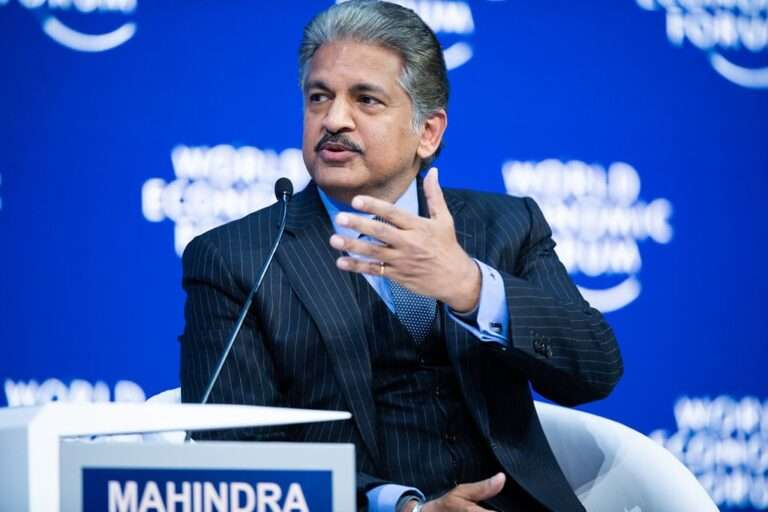India has officially claimed its position as the world’s fourth largest economy, a milestone that marks a new chapter in the country’s rapid economic ascent. This landmark achievement, celebrated widely by industry leaders and economists, reflects India’s growing influence on the global economic landscape.
According to the latest data released by the International Monetary Fund (IMF), India’s Gross Domestic Product (GDP) has surged to approximately $3.73 trillion, overtaking established economies such as Germany and the United Kingdom. This achievement follows years of sustained growth driven by comprehensive reforms, technological advancements, and a dynamic consumer market.
Anand Mahindra, Chairman of the Mahindra Group, praised the milestone on social media, describing it as “no small achievement.” He credited the country’s entrepreneurs, innovators, and policymakers for steering India toward this significant economic breakthrough. Mahindra’s remarks underscore a sense of national pride and optimism about India’s future economic trajectory.
Economic Growth Fueled by Multiple Sectors
India’s rise to the fourth spot is powered by strong performances across several sectors. The manufacturing industry has benefited from the government’s ‘Make in India’ initiative, attracting substantial foreign direct investment (FDI). Meanwhile, the technology and services sectors continue to expand rapidly, driven by digital transformation and a growing skilled workforce.
In addition, consumer spending has surged, supported by a rising middle class and urbanization. Government policies focused on improving infrastructure, ease of doing business, and financial inclusion have played crucial roles in sustaining economic momentum.
Looking Ahead: Challenges and Prospects
While the new ranking is a moment of celebration, experts caution that challenges remain. Issues such as income disparity, rural development, and environmental sustainability require strategic attention to ensure inclusive growth. Global economic uncertainties, including geopolitical tensions and market volatility, may also impact future progress.
Nonetheless, India’s position as the fourth largest economy enhances its clout in international forums and trade negotiations. Analysts anticipate that India will continue leveraging its demographic dividend and innovation capabilities to maintain growth and attract global partnerships.
Global Impact of India’s Economic Rise
India’s economic growth has far-reaching implications for global markets. As a major consumer and producer, India’s policy decisions and market trends will increasingly influence global supply chains and economic policies. The country’s strategic role in the Indo-Pacific region further elevates its geopolitical and economic significance.
In conclusion, India’s elevation to the world’s fourth largest economy is a historic milestone that signals its emergence as a global economic powerhouse. As Anand Mahindra aptly summarized, this is “no small achievement,” reflecting the determination and resilience of the Indian people and the nation’s growing stature on the world stage.



